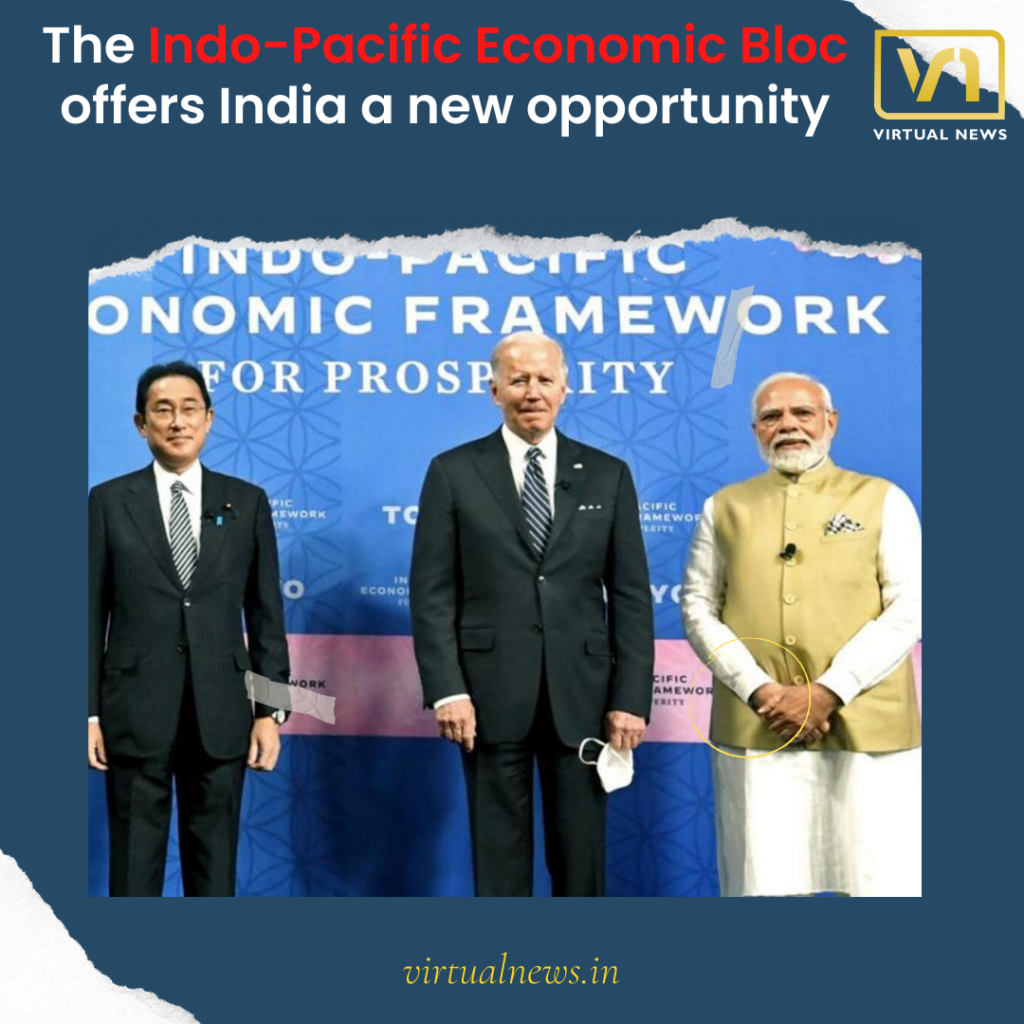Home to 65 percent of the world population, the Indo Pacific accounts for 63 percent of the world’s gross domestic product and more than 60 percent of the world’s maritime trade. The economic interests of numerous nations are directly dependent on the prevailing freedom of the Indo-Pacific region.
With China increasingly soaring as a tectonic superpower in all fields, the safety and security of the Indo-Pacific region are questionable.
This has resulted in forming of a Quadrilateral Security Dialogue (Quad) and the announcement of a trilateral security pact.
The Quadrilateral Security Dialogue
Along with 12 other countries led by the US, India launched an Indo-Pacific economic framework on Monday. The Indian Prime Minister Narendra Modi, the President of the United States, Joe Biden, and the Japanese Prime Minister, Fumio Kishida, sat together in Tokyo and their allegiance to join forces against Beijing’s heightening intensity in the region.
The Indian president said that given India’s history in the Indo-Pacific trading, the country is thankful for the initiative and supports standard and creative methods to meet the economic challenges and maintain peace in the region.
All the countries shared a joint statement to strive for the Indo-Pacific region and acknowledge the intertwined interests of the nations, which will pose an alternative for the area in the face of China’s approach.
What does the Chinese government say about the Quad?
The Chinese foreign minister stated that the ‘ploy’ is bound to fail, adding that the strategy is essential to create division and attack peace in the area.
Beijing recognizes the Quad as a group of nations that specifically targets the country and is keen on pushing its advances in the Indo-Pacific region back.
The nation mentioned that it supported promoting regional cooperation but would never stand for divisions, which is the ultimate goal of the Quad, clearly indicating the pact to be a failure in its regard.

